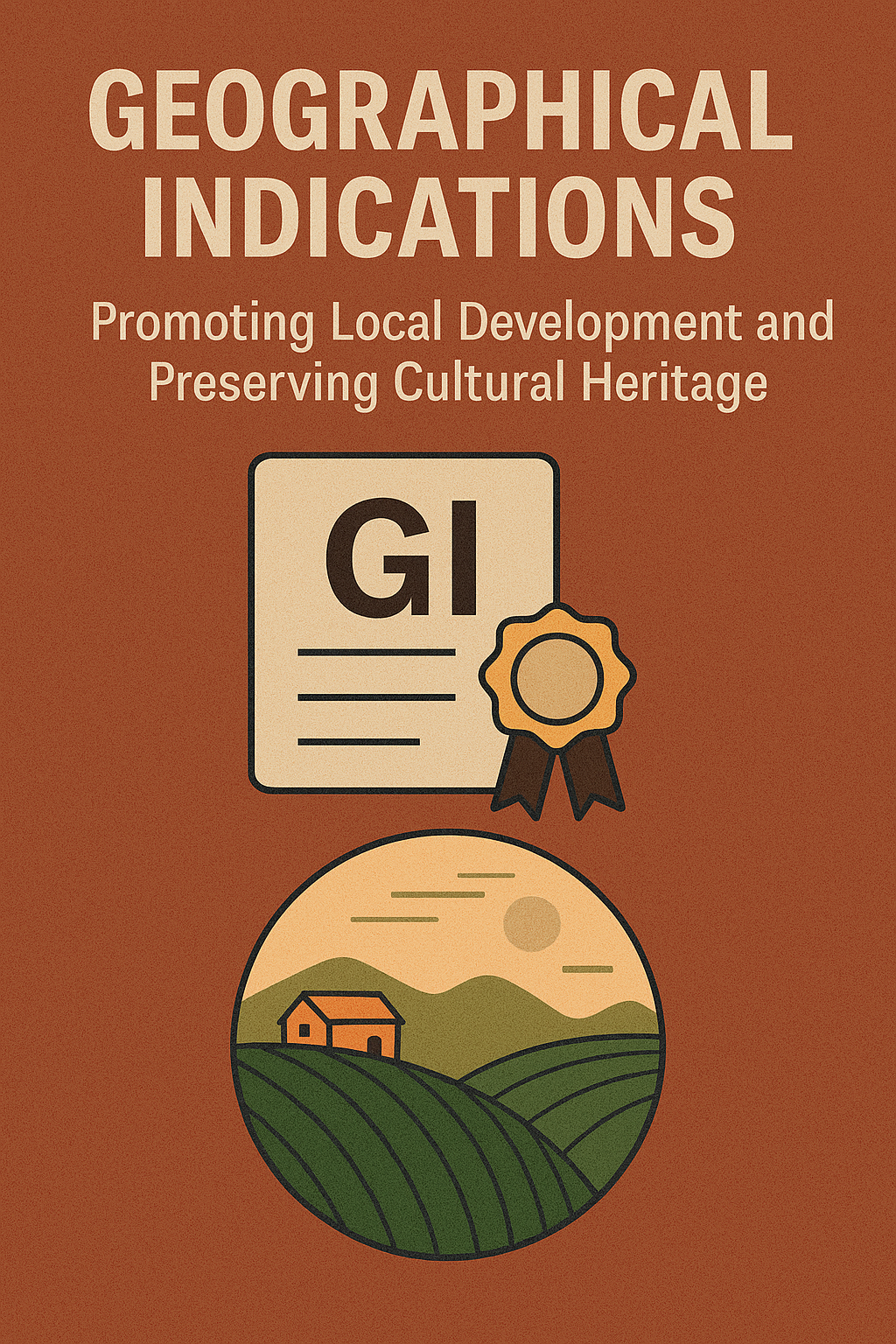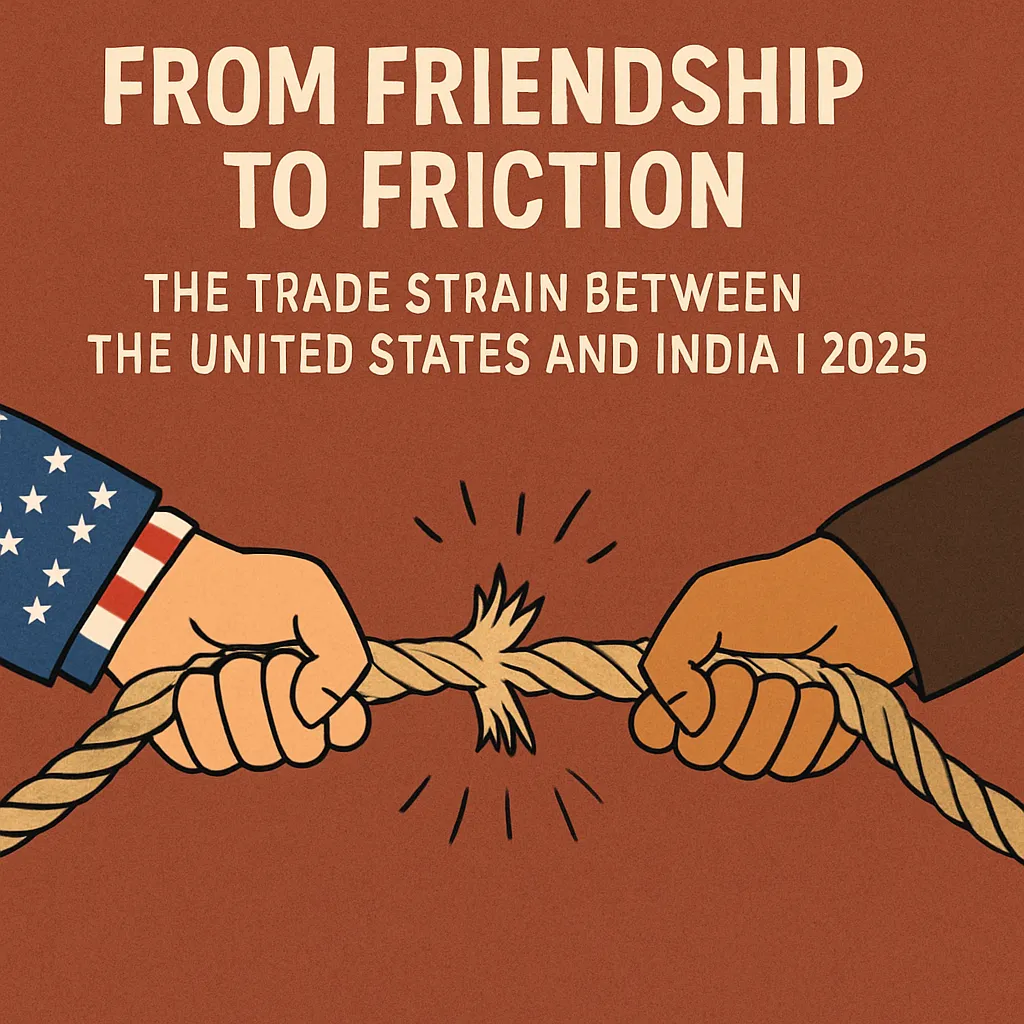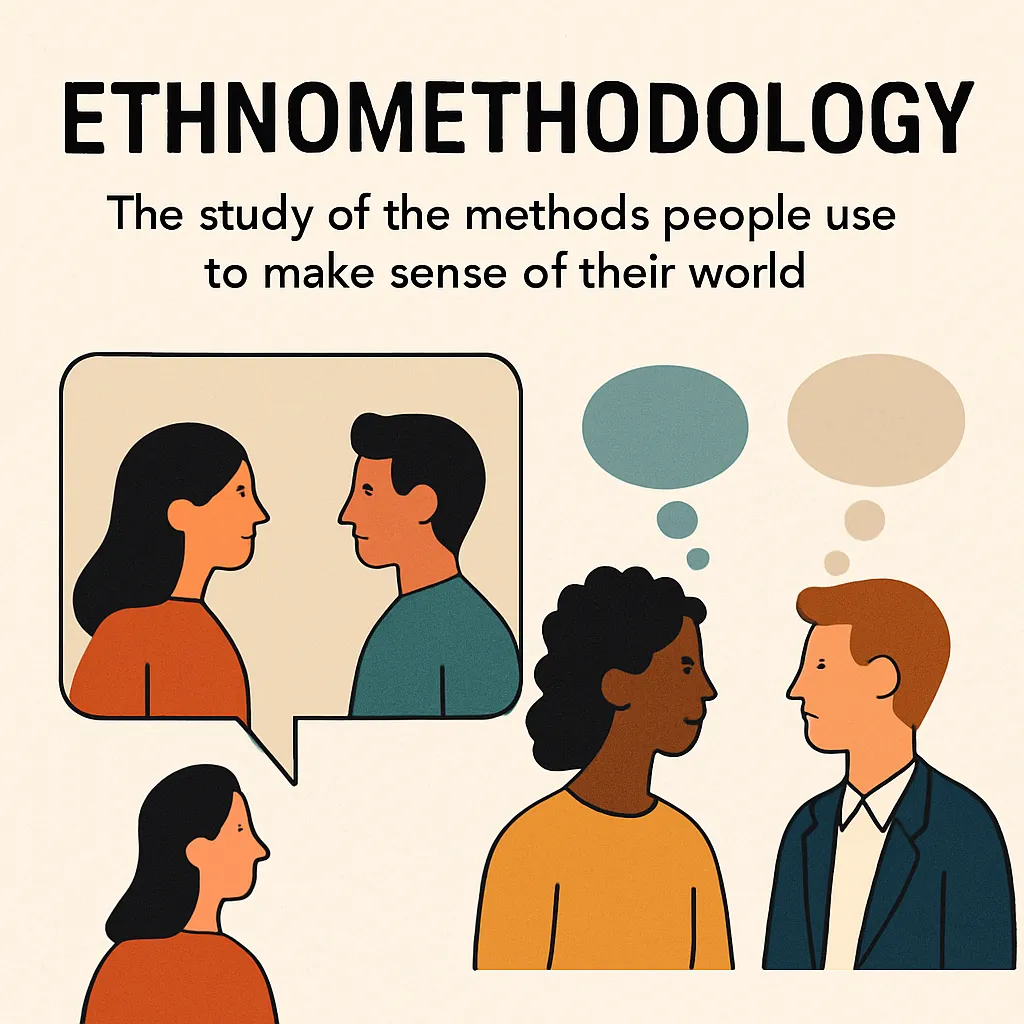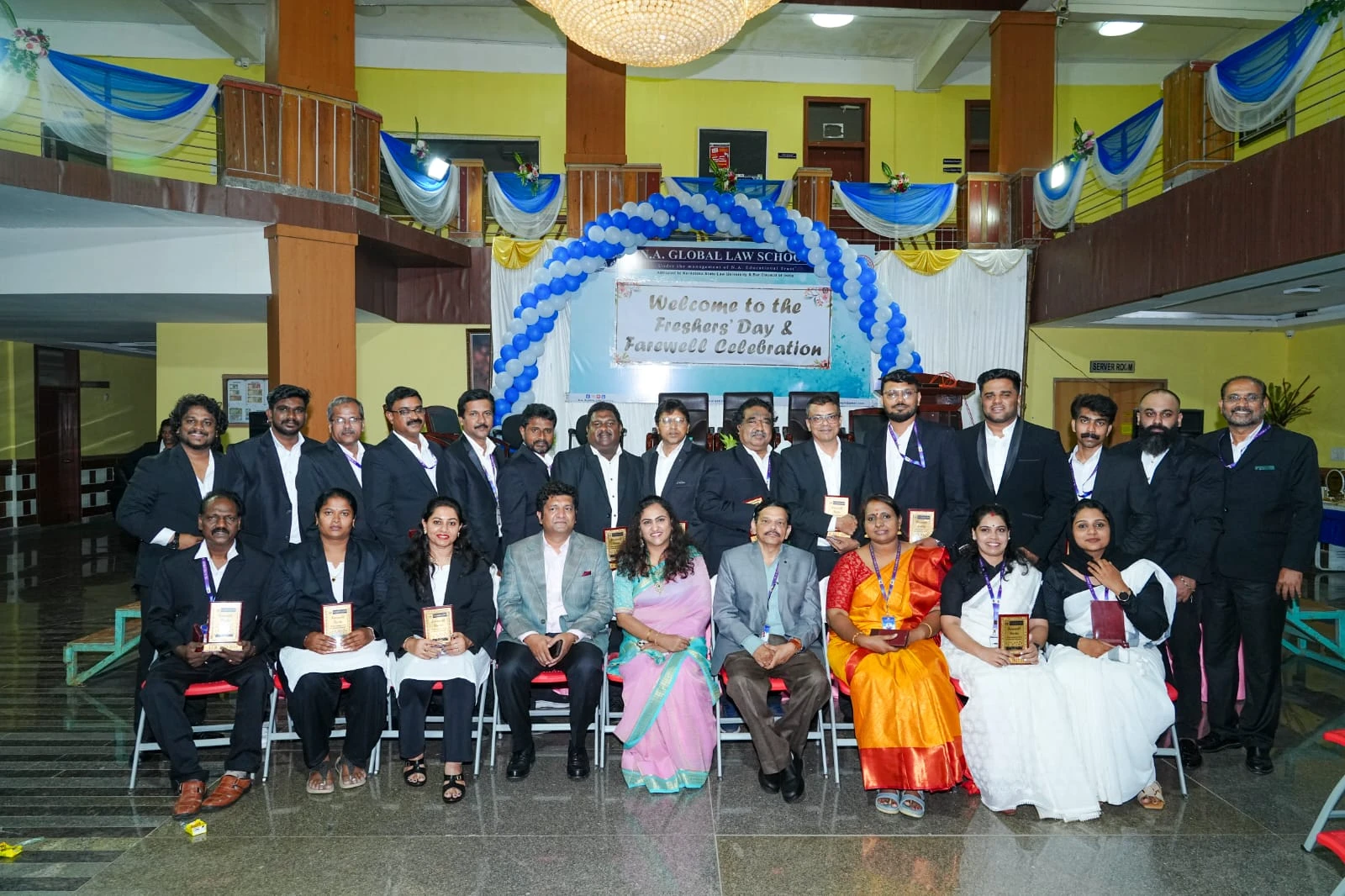Ms. Alphonsa (Assistant Professor Socialogy)
Sociological imagination is a foundational concept in sociology introduced by C. Wright Mills in his 1959 book, “The Sociological Imagination”. It refers to the ability to see the relationship between individual experiences and larger social influences. This concept helps us understand how personal issues are often rooted in broader social problems, and it allows us to connect our personal lives to historical and social contexts.
Core Principles of Sociological Imagination:
- Personal Troubles vs. Public Issues: Mills differentiates between personal troubles and public issues. Personal troubles are private problems experienced within the character of the individual and the range of their immediate relations with others.
Public issues, however, transcend the individual and are collective interests or values felt to be threatened.
For example, an individual’s unemployment might be a personal trouble. But if a large number of people in a community are unemployed, it becomes a public Issue that points to economic trends and systemic issues within the job market. - Historical Context: Understanding the historical context is crucial to sociological imagination. This involves recognizing that our personal experiences are shaped by the historical moment we live in. Our individual biographies are intertwined with the history of our society.
- Structural Forces: Sociological imagination emphasizes the importance of social structures; organized patterns of social relationships and institutions that together compose society. These structures influence our behaviors, opportunities, and life outcomes. Recognizing these forces helps us understand that personal successes and failures are often influenced by broader societal forces.
- Critical Thinking: It involves questioning the taken for granted assumptions about society. This critical approach helps us uncover the underlying power dynamics and social inequalities that shape our world.
Applying Sociological Imagination:
- Education and Inequality: Consider educational attainment. While it might seem like individual effort and intelligence determine success in school, sociological imagination reveals that factors such as family background, socioeconomic status,
access to resources, and school quality significantly influence educational outcomes. Historical policies like segregation and current funding disparities across school districts show how broader social forces shape educational opportunities. - Health and Society: Personal health is another area where sociological imagination is crucial. While lifestyle choices affect health, so do social determinants like access to healthcare, living conditions, and employment. Public health issues such as obesity, mental health, and chronic diseases are influenced by socioeconomic factors, cultural norms, and public policies.
- Employment and Economy: In the labor market, sociological imagination helps us see how economic conditions, globalization, technological changes, and labor laws affect employment opportunities. For instance, shifts from manufacturing to service-oriented economies have resulted in job losses in certain sectors and job growth in others, impacting workers’ lives on a massive scale.
- Family and Marriage: Examining family structures through a sociological lens, we see that family forms and relationships are influenced by social, economic, and cultural factors. Changes in gender roles, economic pressures, and legal definitions of marriage and family impact how families are formed and function.
Developing Sociological Imagination:
- Education: Formal education in sociology or related fields helps cultivate sociological imagination. Courses in history, political science, and cultural studies also contribute to this broader perspective.
- Exposure to Diverse Perspectives: Engaging with different cultures, communities, and viewpoints expands our understanding of how social forces operate differently across various contexts.
- Critical Analysis of Media: Analyzing news, literature, films, and other media critically helps us understand how social issues are portrayed and often simplified, encouraging a deeper exploration of underlying societal factors.
- Active Participation in Society: Involvement in community activities, social movements, and public debates enhances our understanding of how social forces shape collective and individual experiences.
The Impact of Sociological Imagination
- Empathy and Social Responsibility: By recognizing the interconnectedness of personal experiences and societal issues, sociological imagination fosters empathy and a sense of social responsibility. It encourages us to look beyond individual blame and understand the broader context of people’s lives.
- Policy and Social Change: Sociological imagination informs policymakers and social activists by highlighting the structural causes of social problems. This understanding leads to more effective interventions and policies that address root causes rather than just symptoms.
- Personal Empowerment: For individuals, sociological imagination can be empowering. It helps people understand their place in the world, making them aware of the broader forces at play in their lives. This awareness can lead to more informed personal choices and greater resilience in the face of social challenges.
Sociological imagination is a powerful tool that bridges the gap between individual experiences and societal structures. By recognizing the interplay between personal troubles and public issues, historical context, and structural forces, we gain a deeper understanding of the world and our place in it. This perspective not only enhances our empathy and critical thinking but also empowers us to contribute to social change. Embracing sociological imagination helps us see the bigger picture, fostering a more informed, compassionate, and just society.








